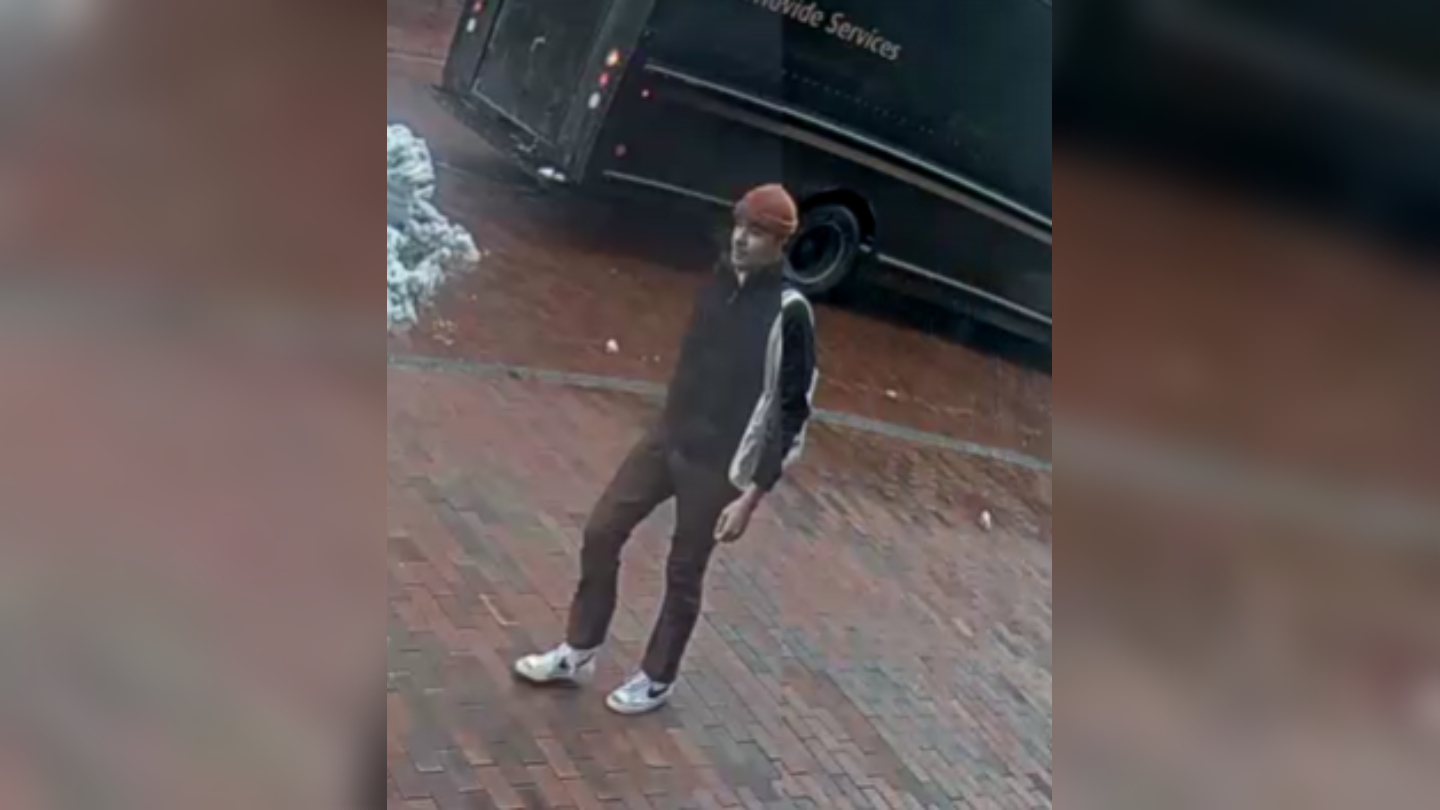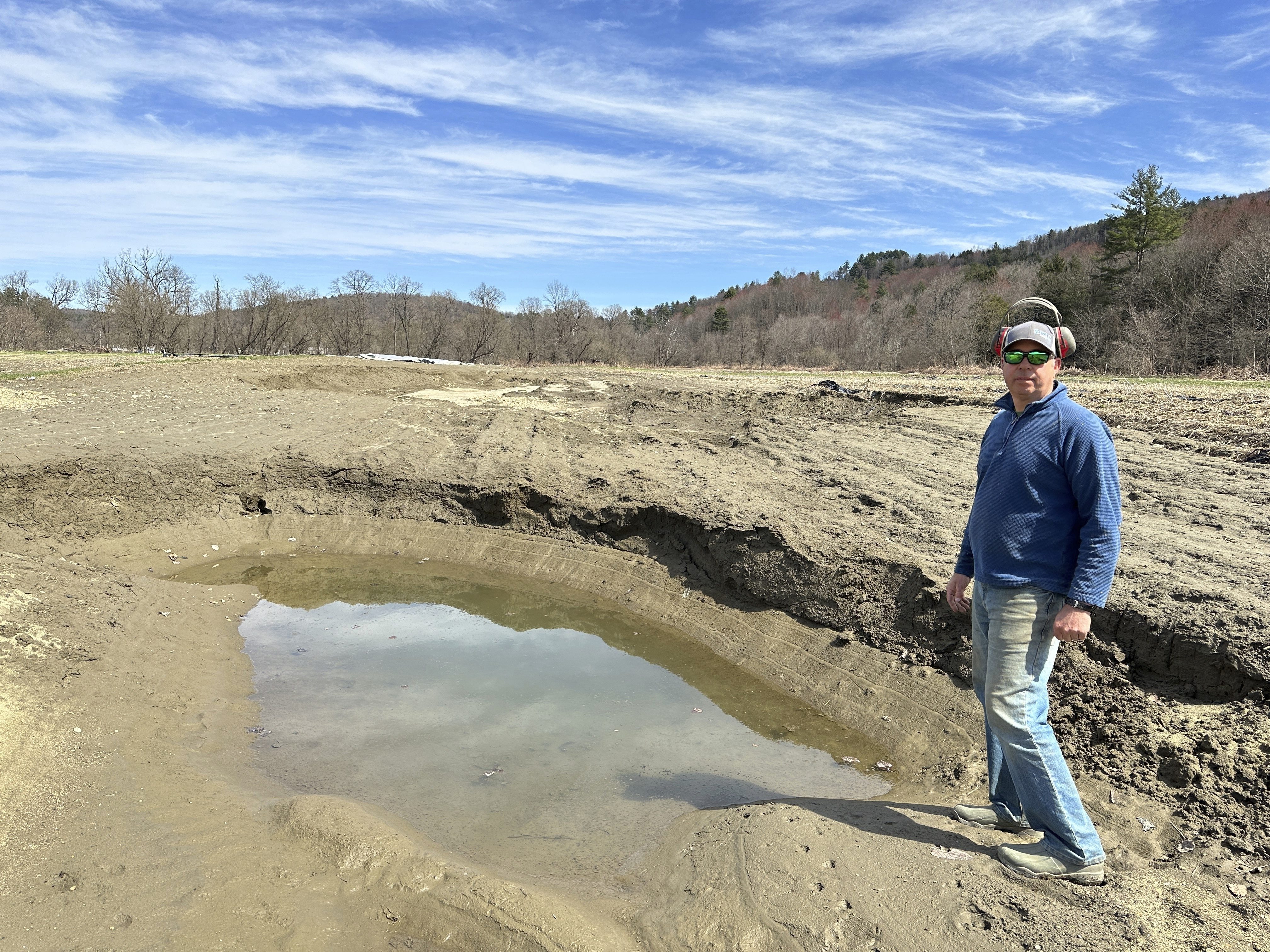A prominent voice in Vermont law enforcement is calling for the creation of supervised injection facilities, where IV drug users could inject heroin or other substances under the watchful eyes of medical professionals.
“Keep an open mind,” urged Chittenden County State’s Attorney Sarah George in announcing her support for the concept of supervised injection sites.
George made the announcement Wednesday, flanked by members of a study commission including human services providers, law enforcement, and medical experts who studied the issue for several months.
George said she and the committee are confident such sites would not encourage more drug use, and believe they would reduce the risk for deadly overdoses.
“This was not so much a question of whether we should do this, but a question of when,” George said.
One possible site that could house an injection site may be the Howard Center’s Safe Recovery facility in Burlington.
Safe Recovery already operates a busy needle exchange program, and provides overdose-reversal kits and referrals for addiction treatment. Staff has also seen a spike in clients dying during the fentanyl epidemic, said director Grace Keller.
Vermont
The latest news from around the state
“Our clients are terrified, they want help–they want to stay alive,” Keller said, noting that a survey found many Safe Recovery clients would take advantage of a supervised injection facility if one were established in Burlington.
According to numbers from the Vermont Department of Health, 106 people died in the state in 2016 from opioid overdoses. Experts on the front lines of the opioid addiction crisis have said they expect the number from this year to be similar.
While supervised injection centers do exist around the world, and as close as Montreal, George acknowledged that the notion is provocative and would take a lot of work to set up.
A prime area where the prosecutor said she would want to see safeguards is to find methods to ensure clients are not endangering the public by driving from a facility if they recently consumed drugs.
George and other members of the study commission said they wants to see the Vermont Legislature pass a bill to allow communities to establish these injection sites.
“These have proven to save lives, and I think importantly, proven to be almost a half-step for people who aren’t quite ready to get treatment,” said Sen. Chris Pearson, P/D-Chittenden County, who supports safer injection sites.
“I think there could be other strategies more effective than this, and I think that it has the potential to create a huge controversy where we don’t need one,” countered Rep. Kurt Wright, R-Burlington, who added he still wants to study the topic more.
Vermont Public Safety Commissioner Tom Anderson emailed Vermont news organizations a statement on these sites, saying, in part: “The better strategy is for Vermont to focus its limited resources on preventing the use of opioids and heroin in the first place, treating those who seek and want treatment for this disease, and supporting those in recovery. Facilitating the ongoing use of heroin through [supervised injection facilities] sends the wrong message, at the wrong time, to the wrong people.”
The Vermont Association of Chiefs of Police also said in a statement it cannot support the idea right now.
“This is a complex issue that deserves extensive research and consideration,” Chief Jennifer Morrison of the Colchester Police Department wrote on behalf of the Vermont Association of Chiefs of Police. “The report issued by the Supervised Injection Facility Commission should be reviewed and considered by the [Governor’s Opioid Coordination Council].”
However, University of Vermont Police Services Chief Lianne Tuomey did voice her support for the concept of supervised injection sites.
“First responders would benefit by not having to come across or respond to these overdoses in uncontrolled environments,” Tuomey said. “Needle sticks, the current powdery substances that are mixed in with heroin—carfentanil, fentanyl—endanger all the first responders, as well. So this really is a broad-reaching, thoughtful approach to improving public safety for everyone.”
State’s Attorney George stressed that supervised injection is not the only answer and can’t save every life, but she said it absolutely should be considered at the highest levels to give more people a chance at recovery.



